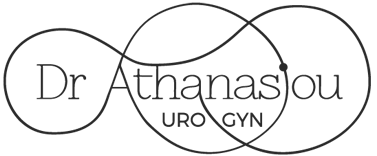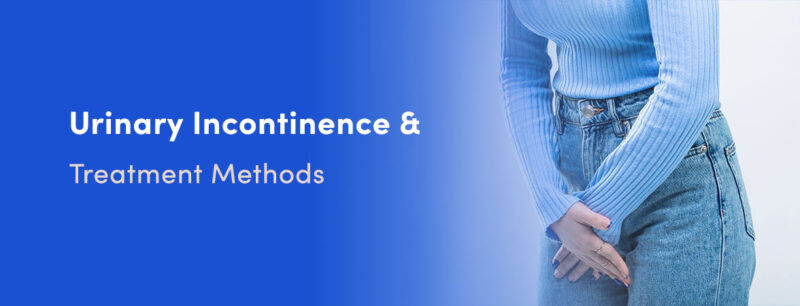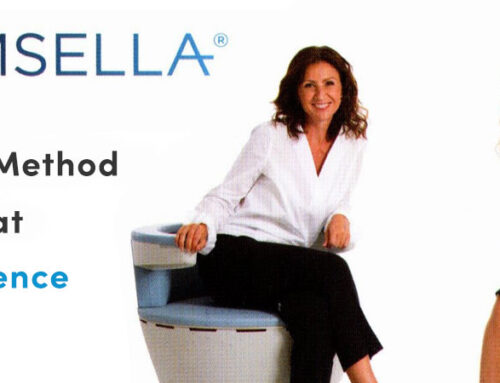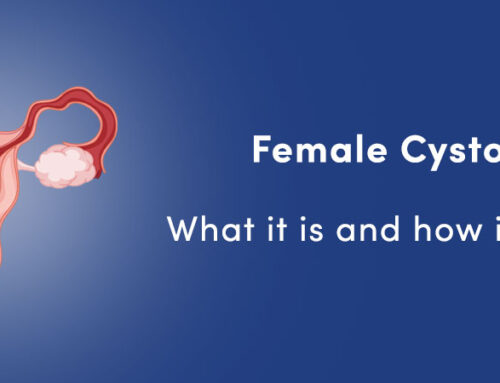Written by Dr. Stavros Athanasiou
Urinary incontinence is a problem that affects many women of various ages. Although many women are still embarrassed to openly talk about this issue and seek medical help, the truth is that it can be bothersome and significantly impact quality of life.
However, it is important to know that there are ways to address urinary incontinence and live a more comfortable and confident life. In this blog post, we will present useful information about female urinary incontinence, what causes it, and how you can face or heal it.
What is urinary incontinence?
It is the ‘inability’ of the urinary system to manage urination, resulting in unwanted urine leakage from the bladder. This can occur in various forms and is usually classified into three main categories:**
Stress incontinence: In this case, urinary incontinence occurs when there is pressure on the pelvic muscles, such as during coughing, laughing, or physical activity (running, gym, etc.). This is the most common form of urinary incontinence and affects most women.
Urge incontinence: In this case, urinary incontinence occurs when there is a sudden urge to urinate without any significant warning. This form of incontinence is more common in women after menopause.
Overflow incontinence: In this case, the bladder does not empty properly, leading to continuous leakage. It usually happens in women with significant prolapse of the uterus and vagina.
What causes urinary incontinence?
There are many factors that can cause urinary incontinence in women. We have extensively covered the causes that may lead to incontinence in our related articles. These include:
- Pregnancy and childbirth: Changes in the body during pregnancy and childbirth can affect the pelvic floor muscles and cause incontinence.
- Age: Aging can affect the ability of the urinary system to function effectively.
- Surgical procedures: Certain surgical procedures, such as hysterectomy, can impact urinary control.
- Urinary system diseases: Conditions such as urinary tract infections and cystitis can affect urination.
- Diet and exercise: Poor diet and reduced physical activity are also factors that may result in the development of urinary incontinence in women.
How to address urinary incontinence
The treatments for urinary incontinence can vary depending on the type and cause of the incontinence. It is important to note that there are various treatment options that can be combined, depending on the needs and condition of each patient. Some of the main treatment options include:
Kegel exercises: Kegel exercises are exercises that strengthen the pelvic muscles and can significantly contribute to bladder control and reducing female incontinence. Women can learn how to perform these exercises and incorporate them into their daily routine.
PRP injections in the urethra: This simple method, which can be done painlessly in the office, can address mild stress incontinence caused by insufficiency of the urethral sphincter mechanism.
This method can be combined with the use of Laser, extracorporeal magnetic pelvic floor training, and Kegel exercises for better results.
Diet management: Some dietary modifications, such as avoiding excessive caffeine and alcohol consumption, may help reduce symptoms.
Pharmacological treatment: There are medications that may be recommended by the doctor to address incontinence.
Surgical intervention: In some severe cases of incontinence, surgery may be necessary to correct the problem.
The choice of the appropriate treatment depends on the type and severity of incontinence, as well as the personal needs and preferences of the patient. It is important to discuss these options with your doctor in order to determine the best way to address the urinary incontinence that affects you.
Conclusion
Urinary incontinence is a problem that can negatively impact a woman’s daily life, but there are ways to address it. Do not neglect your health and do not hesitate to seek help from healthcare professionals. With the proper care and commitment to a healthy lifestyle, you can regain your confidence and enjoy a more comfortable and fulfilling life.
Address the issue of incontinence. Contact your doctor to guide you in the best possible way toward the most effective treatment for incontinence.




